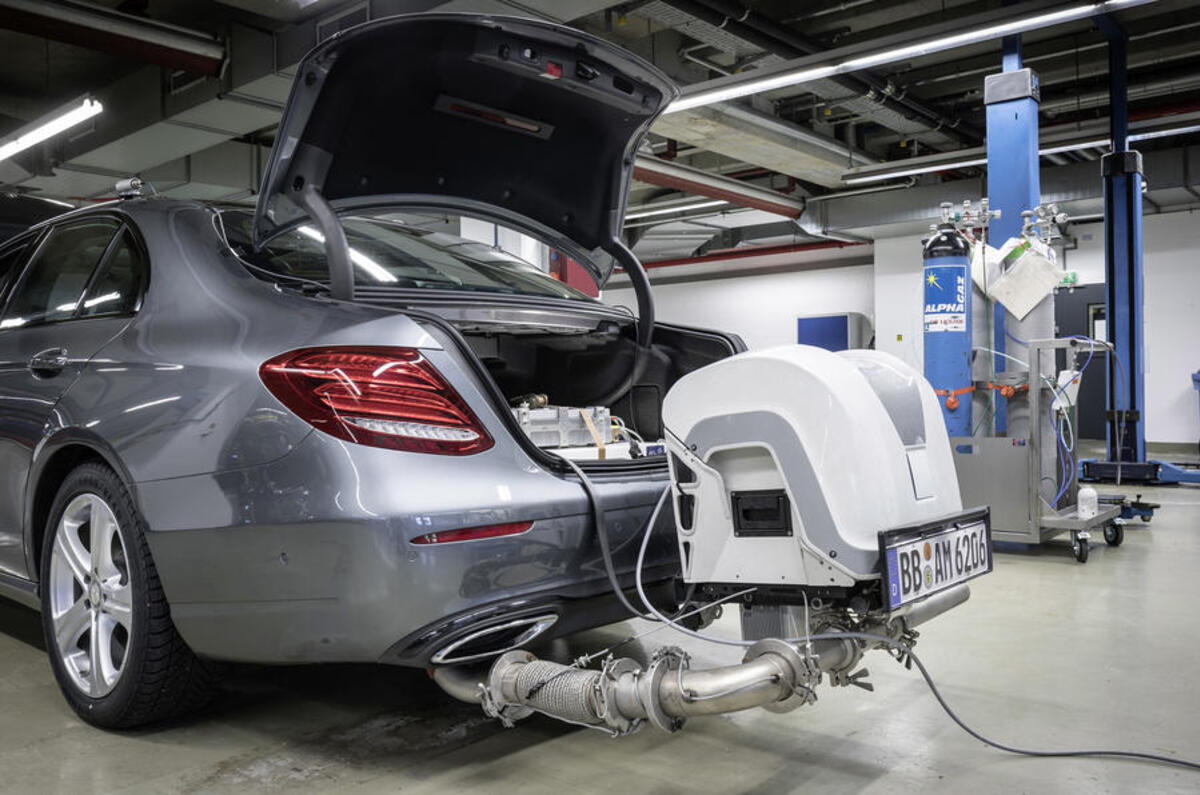Volkswagen, BMW and Daimler have "blood on their hands" because of the deaths caused by excessive nitrogen oxide emissions from diesel cars, a former government scientist has said.
In the week that followed news of a diesel fume test that involved caged monkeys, Sir David King, who was the UK Government’s chief scientific adviser until 2007, said that the number of fatalities caused by NOx emissions produced by cars in Britain "is really very, very large" - and that even he wasn't aware of the gravity of the situation until recently.
His comments came in response to fresh details of a diesel test that was organised by the European Research Group on Environment and Health in the Transport Sector (EUGT), which was an organisation established by the trio of German car manufacturers along with parts supplier Bosch, that forced monkeys to breathe in exhaust emissions to illustrate that modern diesel cars are far cleaner than their predecessors.
The monkey test took place in New Mexico, US, in 2014, a year before the Volkswagen dieselgate scandal broke. The EUGT folded before the results of the test could be compiled.
Is it time to give up on the diesel engine?
Volkswagen has since suspended its chief lobbyist Thomas Steg for leading the tests. He said he "takes full responsibility".
Daimler stated that it is “appalled by the extent of the studies and their implementation”, while Volkswagen chairman Hans Dieter Pötsch said the tests were "totally incomprehensible" and that the incident must be "investigated fully and unconditionally”. BMW said it wasn't part of the study and that it has launched an internal investigation "to thoroughly clarify the work and background of the EUGT".
Reports suggest other tests were carried out with humans prior to the monkey test, but that they involved inhalation of nitrogen dioxide (NO2), which is commonly associated with diesel engines, rather than exhaust fumes.
Steffen Seibert, spokesman for German chancellor Angela Merkel, said that "these tests on monkeys or even humans cannot be justified ethically in any way".
In the year that followed the monkey fumes test, Volkswagen’s use of emissions cheating devices was brought to light. The Dieselgate scandal has since led to changes to regulatory emissions tests, helping to create the new Real Driving Emissions tests.
More content:





Join the debate
Add your comment
Edit
"none of the drugs WOULD exist"
So you would look for support
So you would look for support from Trump from a country where Experiments were done on African Americans with syphilis and TB to see how they would react? Also medical research for years has used and still uses, animals , and none of the curent drugs which save lives and improve patient care would not exist if not for that research.Thirdly, the vast number of things "made in China" should be more important for us to boycott for that countries' terrible human abuse in the past and present.
Sam Sheehan wrote: